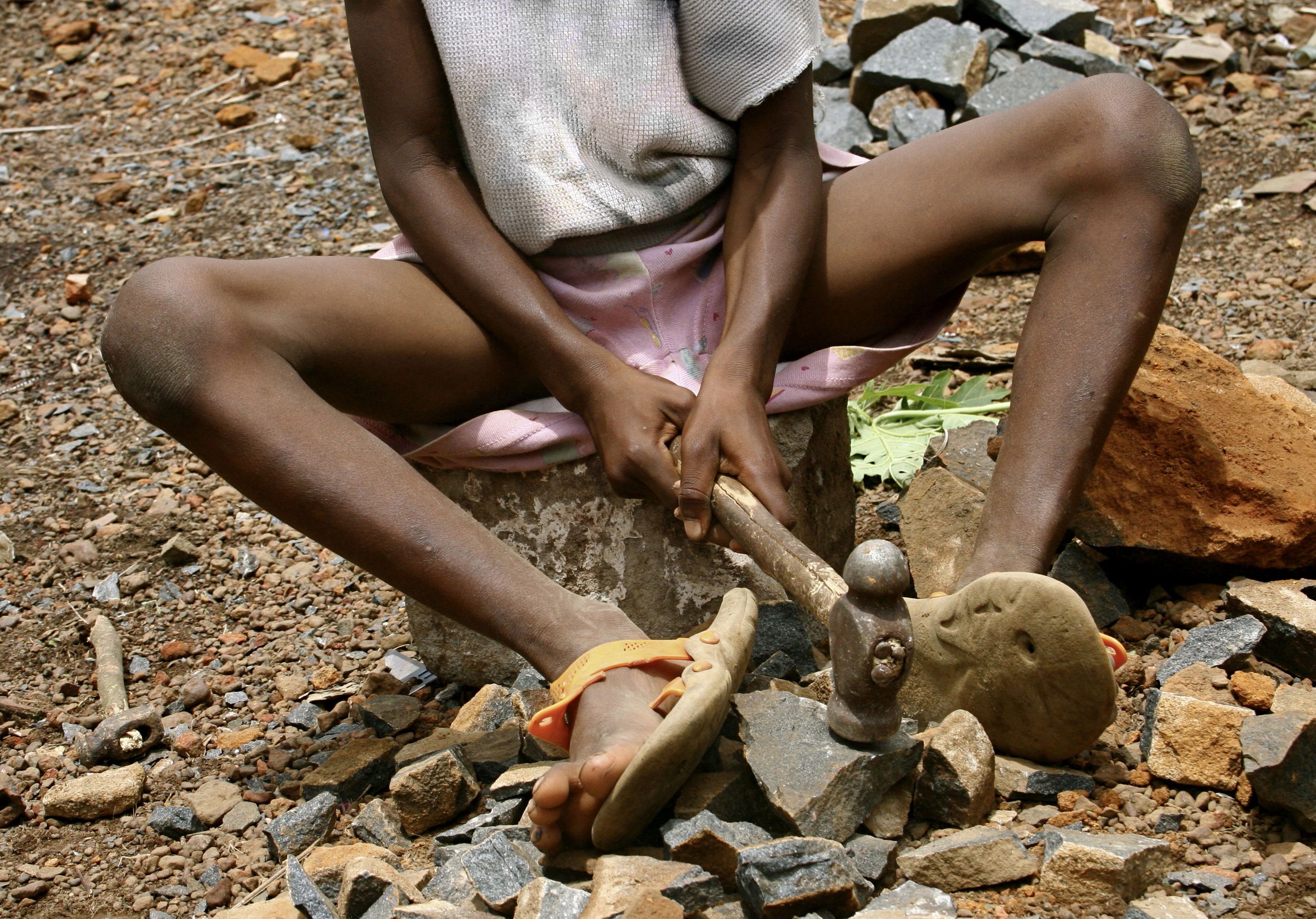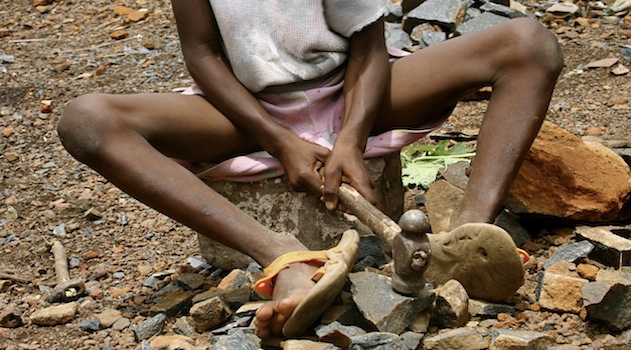 A new report launched by the ICJ shows that companies involved in human rights abuses in the Democratic Republic of Congo (DRC) are rarely held accountable.
A new report launched by the ICJ shows that companies involved in human rights abuses in the Democratic Republic of Congo (DRC) are rarely held accountable.
The report Access to Justice: Human Rights Abuses Involving Corporations – Democratic Republic of the Congo finds that victims of corporate abuses in DRC have very little prospect of reparation because of the many deficiencies of the Congolese judicial system. These include the lack of independence of the judiciary, its inaptitude to deal with cases with sensitive economic stakes (often involving transnational links), inadequate financial resources, and a high level of corruption, which allow rich and powerful litigants to buy or influence judges’ decisions.
“While in theory there are some avenues of redress available to victims of corporate abuses, constant political interference with the independence of the courts seriously limits their chances of success,” said Carlos Lopez, Senior Legal Advisor for the Business and Human Rights Programme of the ICJ. “In addition, the unstable situation of the country with some regions still suffering armed conflict, and some economically rich areas controlled by the rebels or the army put both plaintiffs and members of the judiciary at risk.”
Previous findings
Previous reports by the United Nations have revealed that illegal exploitation and trade of natural resources by companies, armed groups, the military and government actors have contributed to fuel armed conflict and associated human rights abuses such as the use of forced and child labor, displacement of population, unlawful killings, and ill-treatment and torture, including rape and other sexual violence.
The ICJ study shows that despite the evidence of corporate wrongdoing and complicity of violations of human rights and humanitarian law perpetrated by the State and armed groups, there is no effective judicial forum to hold these economic actors legally accountable within the DRC.
A series of deficiencies
“The new Constitution promulgated six years ago should have reformed the country’s judicial system and guaranteed the independence of the judiciary, but it is still not implemented,” Lopez added. “Deficiencies in the financial and human resources but also in the training and technical knowledge of judges, prosecutors and lawyers, inadequate investigation techniques and non enforcement of court decisions further aggravate the situation and increase a general climate of impunity that perpetrators of human rights crimes enjoy in DRC.”
Urgent reform needed
The new ICJ report urges the Congolese authorities to urgently put in place the reform of the legal and judicial system to ensure that individuals and communities can access justice to protect their rights guaranteed under the Constitution and international treaties to which the DRC is a party. A political reform is also highly needed to strengthen the independence of the judiciary, break the cycle of impunity and boost a culture of respect for the Rule of Law in the country.
Among other recommendations, the report also stresses the importance of effective dissemination of information to, and training of, lawyers and Congolese civil society organizations on domestic and international remedies available to combat corporate human rights abuses.
For further information, please contact:
Carlos Lopez, Senior Legal Advisor, ICJ, Business and Human Rights, t + 41 22 979 38 16; e-mail: carlos.lopez(at)icj.org
Clément P. Mavungu, Legal Advisor, ICJ, Africa Regional Programme, t +27 11 024 8268; e-mail: clement.mavungu(at)icj.org
Olivier van Bogaert, Head of Media & Communications, ICJ, t + 41 22 979 38 08; e-mail: olivier.vanbogaert(at)icj.org
NOTES:
- The report Access to Justice: Human Rights Abuses Involving Corporations – Democratic Republic of the Congo can be downloaded here: Democratic Republic of Congo-rights abuses corporations-publication-2012
- To contribute to the understanding of the problem and to assist in the formulation of a new agenda towards strengthening access to legal remedies for corporate human rights abuses, the International Commission of Jurists (ICJ) has undertaken a project on Access to Justice for victims of corporate human rights abuse. This project has produced a series of country studies on Brazil, Colombia, the People’s Republic of China, the Federal Republic of Nigeria, India, the Netherlands, the Philippines, Poland and South Africa. The present study on the Democratic Republic of Congo is the latest of such country studies.
- The research for this country study was primarily undertaken in Kinshasa and Katanga. Lubumbashi, the capital of the Province of Katanga, is the DRC’s main economic centre. A great number of international and Congolese companies are based in the province, which is a copper and cobalt mining area, and their activities have given rise to numerous human rights complaints, though most have not been brought before the courts.
- The main sources of information for the study were national legislation and scholarly literature and interviews with members of the legal profession practicing in the DRC; in Kinshasa, Lubumbashi Kolwezi and Likasi; these included judges, military and civilian prosecutors, and lawyers. Human rights organizations, workers, affected communities and unsuccessful claimants were also interviewed, and the views of several companies were taken into account.
- An investigation by the BBC’s Panorama has found the Swiss-based company Glencore dumping acid into a river in Katanga and it discovered children as young as 10 working in the Tilwezembe mine, which was officially closed by Glencore in 2008. See recent article in the Observer on this issue: http://www.guardian.co.uk/business/2012/apr/14/glencore-child-labour-acid-dumping-row

